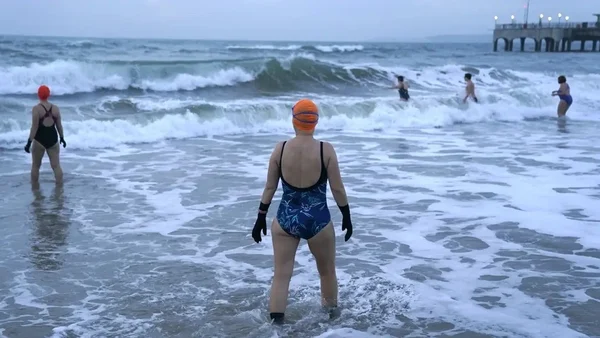Lidl is set to bring an immersive sensory experience to aspiring wine connoisseurs in Dublin with the arrival of their 'Vino Sensoria’ event this November.
Hosted by Master of Wine Richard Bampfield, taste buds will be put to the test with this unique tasting experience. Guests will be plunged into darkness before sipping their way through a carefully curated collection of sparkling, red, white and rosé wines.
The pop up experience will take place in the heart of Dublin City for a limited time at 110 Grafton Street, with 100% of ticket sales going to Lidl’s charity partner.
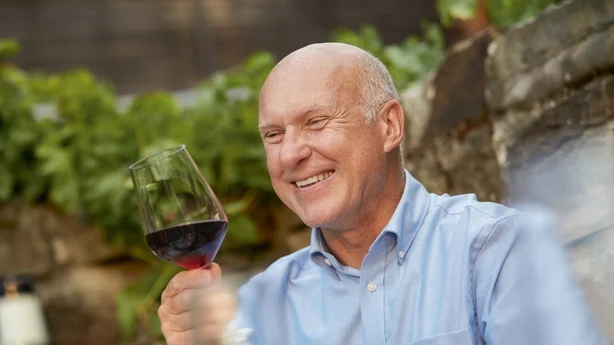
To find out more about the event, and to bust some common misconceptions about wine, we caught up with Richard Bampfield.
First things first, how does one become a Master of Wine?
Master of Wine is a qualification rather than a job. Some are wine makers, some grow grapes, some are marketeers, some are businessmen, some are buyers for supermarkets and that sort of thing. In my case, I studied French at University and I enjoyed wine, so I thought, why not put the two together? I went to work in wine shops for a few years and absolutely loved it - and I'm still here now!
What are some wine myths that you would like to dispel?
There are so many, to be honest. I think the main one is the 'rules'; there just seems to be a lot of rules about wine. One of the things that we'll demonstrate on the evening is that we all have different tastes but rules suggest that everyone has the same taste, e.g. red wine with red meat, white wine with fish; you can't put ice in rosé; you only drink rosé in summer.
The main thing is: don't worry too much about the rules and the etiquette of wine. And don't think that everybody else knows more about wine than you! Wine is a complicated subject and people just feel a bit ignorant about it, but there are very few people who know much about wine.
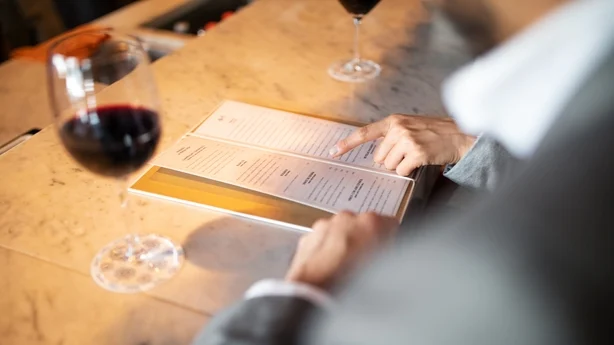
Long wine lists in restaurants can feel very intimidating!
I couldn't agree more. In my view, we make it far too difficult for people. It's one of the reasons that in Lidl we try and give some signposts with tasting notes and scores out of 100.
Will people learn a lot about their preferences on the night?
Look, we're only going to have 45 minutes, so there's a limit to how much one can explore different wine styles and tastes, but I think it will help people in the sense that I think a lot of people have preconceptions about wine. And also show that wine is not as straight forward as you think... there will be surprises during the evening. When you're tasting in the dark - including your nerves - are just a little bit sharper. What you learn on the evening is likely to stick.
Does a bigger price tag always mean a better wine?
It all comes down to individual taste. One of the things we'll show on the evening is that you don't have to spend a lot of money for a good wine. The important thing is to find the ones you enjoy. There are lots of people who prefer the taste of less expensive wines, and I totally get that.
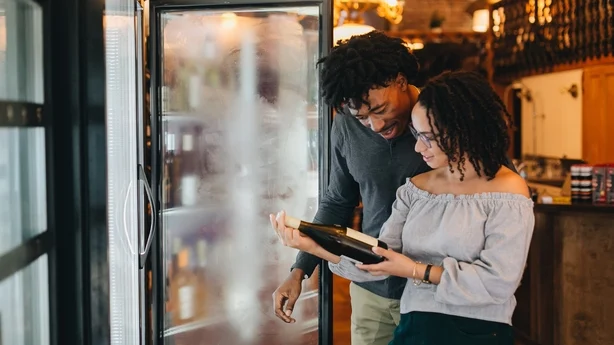
Are there any guidelines for buying wine when hosting?
I'm going to sound like a hypocrite because I've said we shouldn't adhere to the rules, but having said that, some rules are helpful. What I object to is people feeling that rules are being imposed on them but some rules are helpful. If I'm eating red meat, I do tend to favour a red wine and if I'm eating fish, I do tend to favour a white. Being able to offer the choice is good - and without any suggestion that one is better than the other.
What can we do with leftovers?
All you have to do to keep wine fresh is stick it in the fridge or, at this time of year, pop it outside. Pop the cork back in or screw the top back on and it will stay fresh for up to three days. All wine will keep fresh if you keep them cold.
What's a good wine to give as a gift at Christmas?
I'd always go for sparkling. Most people can enjoy a glass and most sparkling wines come in smart packaging so they look like a good present.
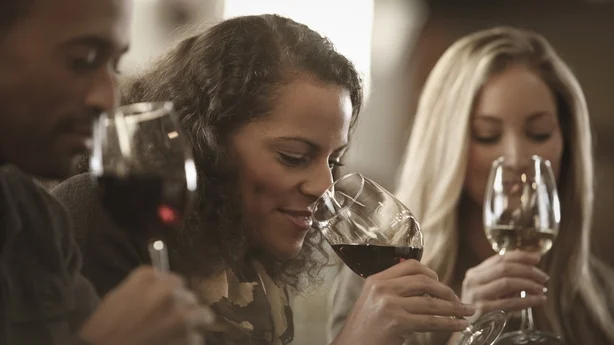
What's the difference between Champagne, Prosecco, Cava, and Brut?
The differences may not be as big as you think. A Cava has to come from Spain, a Prosecco has to come from Italy, a champagne has to come from France. As it happens, there are differences in flavour, but mainly they just come from different parts of the world and they may be priced differently.
A Brut is dry but it's not necessarily 'bone dry', and often on Prosecco bottles you'll see the words 'extra dry', which is actually less dry than Brut. This is where wine language is not particularly helpful.
Is it true that the paler the rosé, the better the quality?
No, there's no truth in that. In a sense I can see why that rumour started because the most fashionable rosés these days are from Provence, driven by a brand called Whispering Angel. The Provence rosés do tend to be fashionably pale.
It does not mean that a good rosé has to be pale. I'm lucky enough to have just come back from Greece, and the best rosés there are actually quite deeply coloured. In fact, I would argue that many of them are better than most Provence rosés.
Tickets for Vino Sensoria are €15 (excluding booking fee) and are available to purchase now at vinosensoria.com.
*Always drink responsibly


